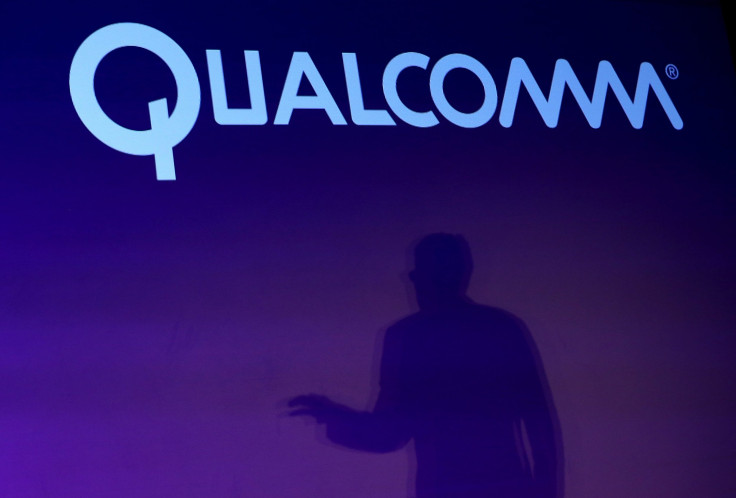Qualcomm Claims Apple Owes $7 Billion In Royalties In Legal Dispute

The lengthy legal clash between tech titans Apple ( AAPL ) and Qualcomm ( QCOM ) took another turn at the end of last week. The semiconductor giant accused the iPhone maker at a Friday court hearing of skipping out on billions of dollars worth of royalty payments, Reuters reported.
Qualcomm claims that Apple owes $7 billion in royalties for mobile parts. Apple used Qualcomm parts in its iPhone devices for several years but phased them out in favor of Intel chips in 2016, near the release of the iPhone 7. Qualcomm said earlier this year that its parts are not used in the iPhone XS, XS Max and XR models, which were released in September and October.
Apple disputed the claim, per Reuters.
The two tech companies have had public disputes within the last two years. Apple sued Qualcomm in January 2017 for allegedly charging exorbitant licensing fees for its parts. Qualcomm in September accused Apple of stealing trade secrets to assist Intel’s chip-making efforts.
The core of the dispute seems to be Qualcomm’s slightly unorthodox business model, which makes production costly for hardware manufacturers that need Qualcomm parts. The San Diego-based chip maker has 130,000 different patents for sending and receiving data wirelessly, according to Bloomberg.
As such, Qualcomm charges as much as 5 percent of a phone’s price in royalties. Regulators have looked into the practice in several countries, including China and the United States. Apple said the so-called “Qualcomm tax” was like paying twice for each part, between the cost of of the part and the cost of the royalties.
Qualcomm rode its business model to $5.6 billion in revenue in the second quarter of 2018.
The firm’s dispute with Apple is not the first time it has waged a legal battle with a hardware maker over its royalty system. Nokia notably took on Qualcomm in 2005, accusing the chip maker of anti-competitive practices in front of the European Union.
Qualcomm countered by filing patent infringement lawsuits against Nokia. In 2008, the two companies reached a settlement.
© Copyright IBTimes 2024. All rights reserved.











